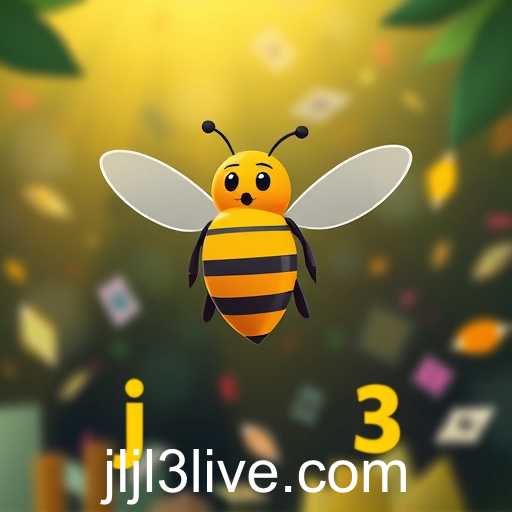In the dynamic world of online gaming, few categories ignite the excitement of both young minds and seasoned linguists like the 'Spelling Bee.' One particular subcategory that has recently captivated audiences is the 'jljl3' keyword genre. This unique segment of word games has garnered a dedicated following and offers a refreshing take on the traditional spelling challenges. But what exactly sets this apart from its peers? The 'jljl3' variant of Spelling Bee integrates advanced algorithmic scenarios that test not only the players’ vocabulary but also their ability to decipher patterns within jumbled lexicons. Unlike conventional spelling bees, where participants spell out words verbally, this digital iteration involves interactive interfaces where players must unscramble mixed-up letters to form words of varying complexities. The allure of the 'jljl3' game lies in its simplicity and depth. It provides an accessible entry point for beginners who delight in learning new words, while seasoned players find satisfaction in the challenge posed by higher levels that require strategic thinking and linguistic dexterity.
One of the driving forces behind the appeal of 'jljl3' is the integration of multiplayer features, where challengers from across the globe compete simultaneously in real-time spelling duels. This feature not only enhances engagement but also builds a community spirit that emphasizes interactive learning and healthy competition. Furthermore, the game also leverages educational technology by offering in-game tips and hints that teach users about etymology and word origin, subtly enhancing the educational element of this entertaining pastime.
A surge in the popularity of 'jljl3' can also be attributed to its cross-platform accessibility. Whether on a desktop or mobile device, the seamless gaming experience ensures that participants can indulge in their spelling fascination anytime, anywhere. Additionally, the adaptive difficulty levels ensure that it caters to a broad demographic, providing a fun and educational experience for kids and adults alike.
Moreover, the user interface in 'jljl3' is designed to be visually appealing, with vibrant graphics and intuitive navigation that enhance playability and retain player interest over extended sessions. As games administer rewards for achievements and progression, players are encouraged to continue honing their skills and exploring deeper levels of vocabulary mastery.
In the educational landscape, 'jljl3' also serves as a remarkable tool for teachers and educators, who can seamlessly integrate it into their curriculum as a modern complement to traditional learning methods. By inviting students to engage in this interactive spelling exercise, educators tap into the natural affinity that young learners have for technology and game-based learning.
In conclusion, the 'jljl3' Spelling Bee category represents a blend of entertainment, education, and community engagement, providing a multifaceted experience that appeals to a vast audience. As the digital world continues to expand, such innovative offerings exemplify how technology can effectively bridge the gap between learning and leisure, capturing the essence of modern education through gamification.








